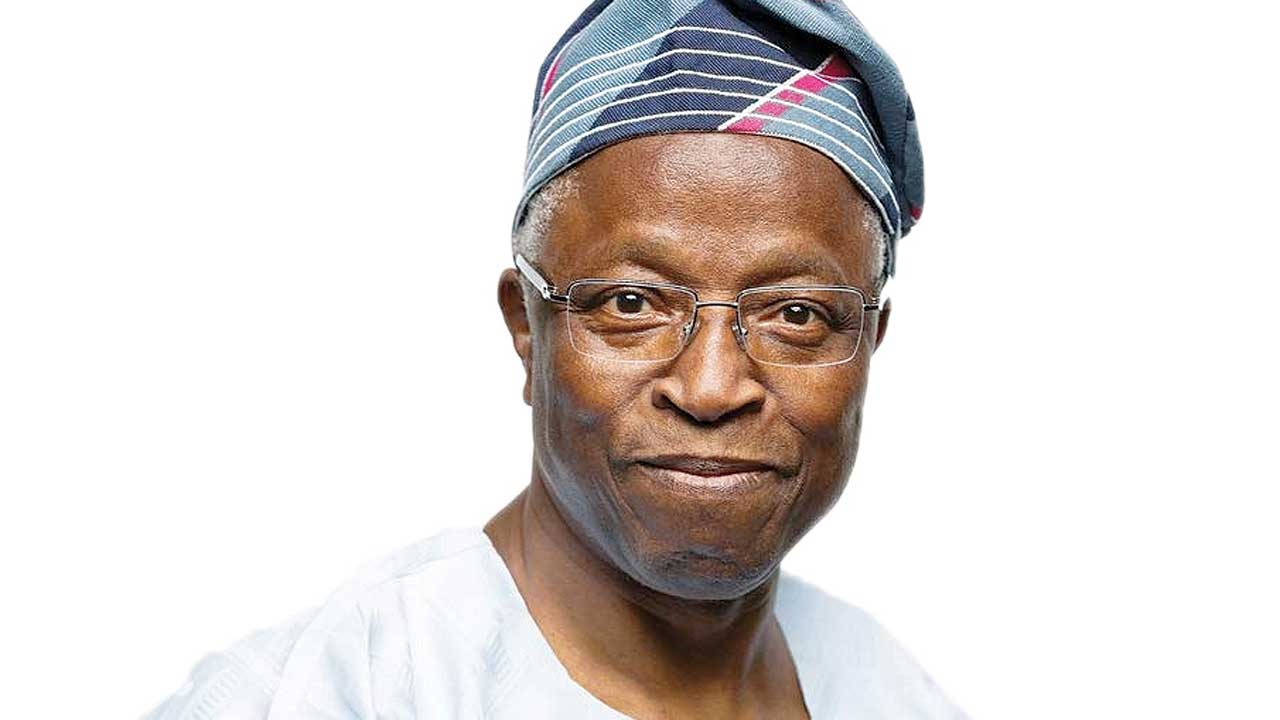
A former lead public sector management specialist at the World Bank and foremost professor of public administration, Ladipo Adamolekun, has made four recommendations, which he said are needed to make Nigeria work.
“A devolved federation is a necessity, not a choice; good democratic practice matters; administrative competence is a critical success factor; and a development-oriented political leadership is key,” he said.
This was disclosed in a paper, titled ‘Nigeria and I: Getting Politics Right to Make Nigeria Work.’
Adamolekun, who urged Federal Government to consider the four recommendations, also suggested strengthening of “existing six geo-political zones, instead of the existing 36 states, of which only a few are viable.”
He noted that “assignment of functions between the central government and federating units, based on principle of subsidiarity, similar, to a considerable extent, to the assignment of functions in the 1963 Constitution; and allocation of resources that is consistent with both the imperative of fiscal federalism and proposed increased functions for subnational governments” will make the country better.
He said: “I remain convinced that it was illogical for the 2014 National Political Conference to simultaneously recommend the adoption of a 54-state structure and more functions and resources for all 54 subnational governments. Logically, support for significant reduction in the powers and resources of the central government should mean a fewer number of federating units.”
He said to keep Nigeria one, the Federal Government must adopt and faithfully implement a devolved federation, which he considered “as a fundamental condition for making our multi-ethnic, multi-religious and multi-lingual country work.”
He said: “A devolved federal system is very likely to enhance the ability of central and subnational governments to more effectively deliver goods and services to citizens.”
In my considered opinion, the certainty that the pace of socio-economic development would vary among federating units is a better outcome than the poor development performance recorded nationwide under the prevailing over centralisation and uniformity.
“The strong linkages of effective rule of law to socio-economic development, settlement of conflicts and protection of human rights constitute a compelling argument for serious attention to tackling the challenges of Nigeria’s judicial system. There is need to introduce and implement appropriate measures for enhancing the independence and efficiency of the judiciary. Crucially, to enhance the credibility of the judiciary and earn it greater public respect, the National Judicial Council needs to do more to promote attitudinal re-orientation of judicial personnel and flush out corrupt judges and magistrates who pervert justice for personal enrichment.
He added: “Low respect for freedom of speech (notably press freedom) and association in the country under successive governments undermines societal peace and citizens’ national pride and redounds negatively on national development. Turning this around would require the abandonment of illiberal attitudes by legislators and political executives, as well as appropriate training and equipment for the police and other security personnel.”






